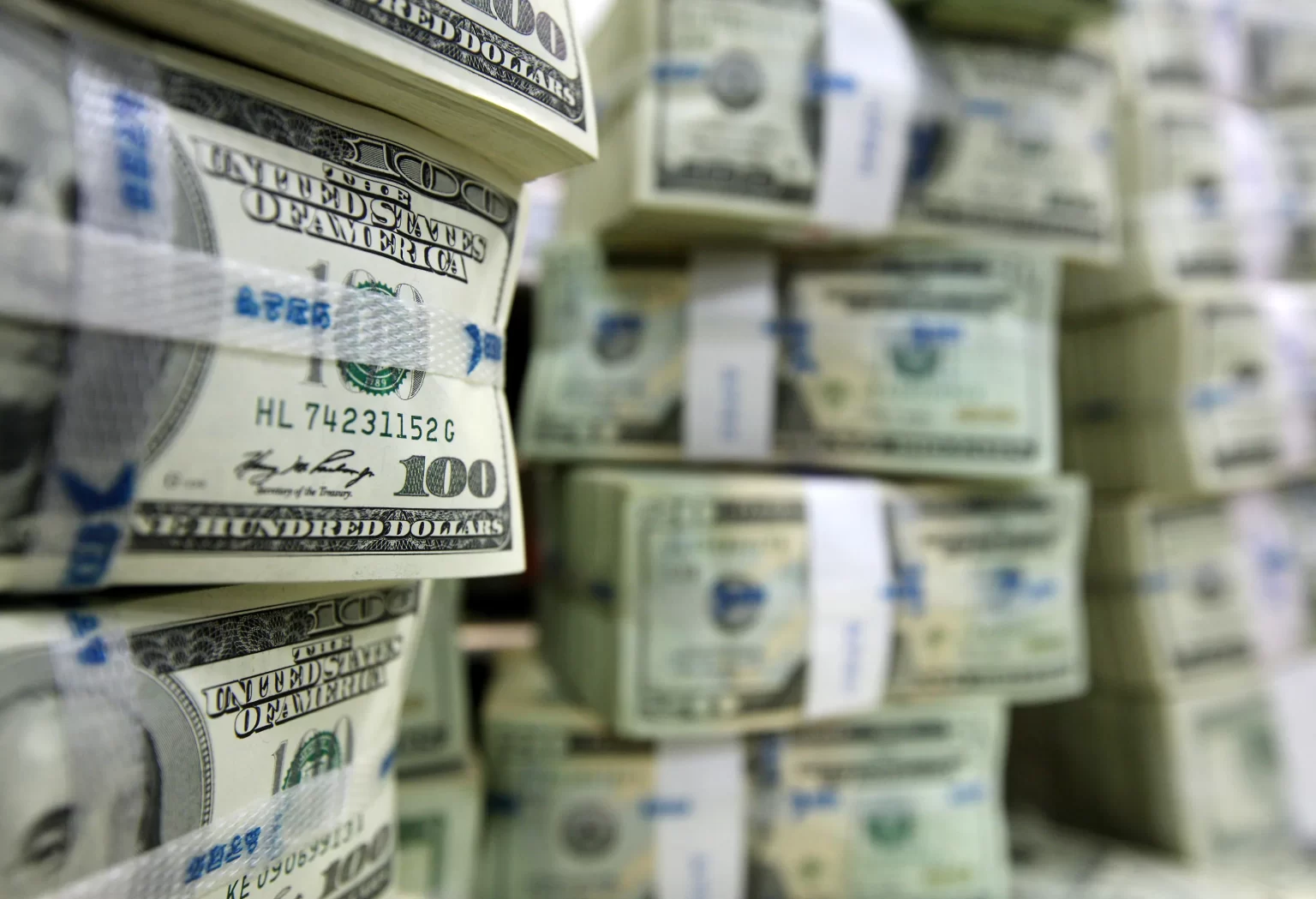If Donald Trump were to return to the presidency, one of the key global economic questions would be whether his policies could accelerate the process of de-dollarization—where countries move away from using the U.S. dollar in international trade and reserves. While the U.S. dollar has been the dominant global currency for decades, signs of a shift are beginning to emerge, and Trump’s policies could influence this trend.

Source:- bbc news
Trump’s “America First” rhetoric, characterized by protectionist measures, trade wars, and aggressive sanctions, has led some countries to seek alternatives to the U.S. dollar. The former president’s trade wars, especially with China, have driven China to promote its currency, the yuan, in international trade and investment. The Chinese government has been working on making the yuan more freely tradable and integrating it into global markets. Russia, similarly, has been reducing its reliance on the dollar, especially in the wake of Western sanctions.
Source:- news 18
Trump’s tendency to impose unilateral sanctions and his stance on international agreements could push other nations to further explore alternatives to the U.S. dollar. This could be in the form of alternative reserve currencies, such as the euro or the Chinese yuan, or through the development of regional trade systems that bypass the dollar altogether.
However, while Trump’s policies may incentivize de-dollarization, the dollar’s entrenched position in global finance and trade would not easily be displaced. The lack of a viable global alternative, especially in terms of liquidity and stability, means that the dollar is likely to remain dominant in the short to medium term. Nevertheless, Trump’s presidency could serve as a catalyst for countries seeking to lessen their dependence on the U.S. dollar, setting the stage for a gradual shift in the global financial system.
Share your views in the comments

